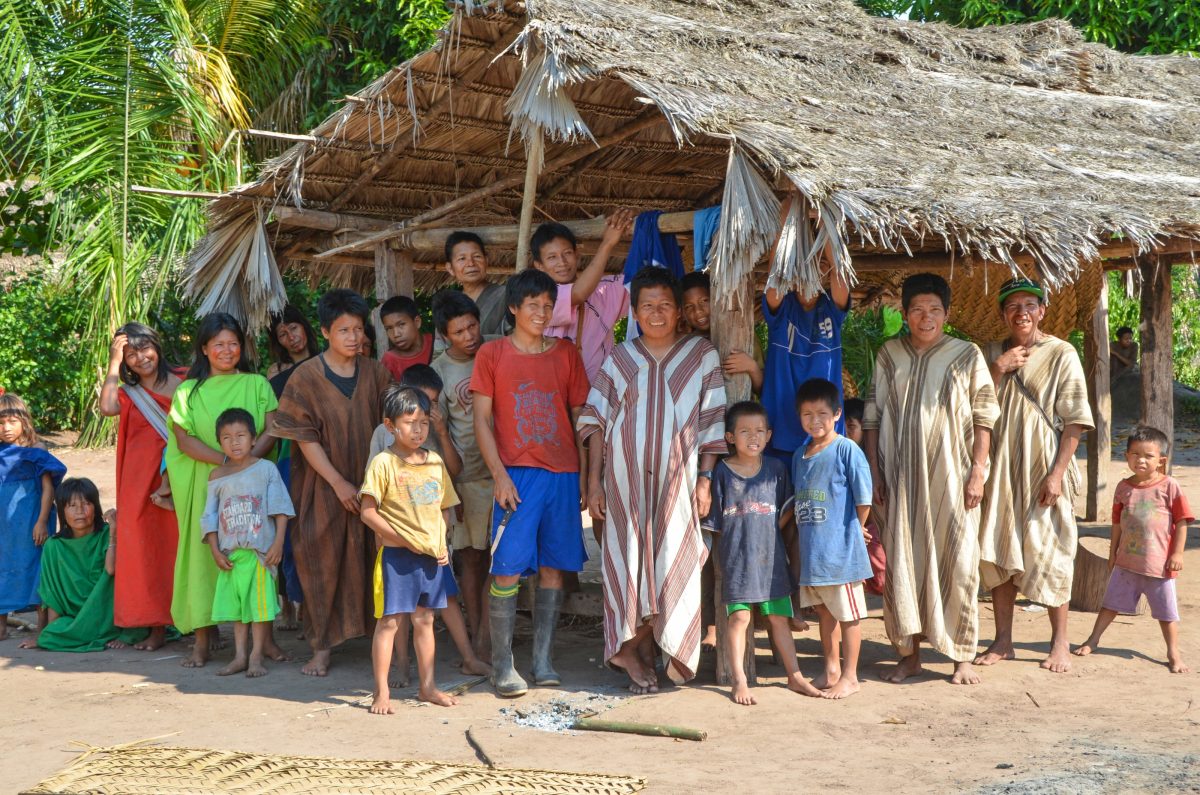
Cool Earth calls for the UK’s international development strategy to put Indigenous peoples first
The Foreign, Commonwealth and Development Office (FCDO) published a White Paper on Monday the 20th of November, setting out their approach to international development to 2030.
The paper looks at how to address the linked challenges of development, nature and climate in our rapidly changing global context.
It provides a really positive change in stating the need for patient, long-term approaches with mutually respectful partnerships, with transparency and greater local ownership of development programmes in partner countries. It also emphasises the much needed greater support for women, girls and vulnerable groups in all aspects of development.
However, it has failed to see the need to move away from carbon finance markets and biodiversity credits as the answer for rich countries to fund the protection of nature in less developed countries. These methods have been repeatedly shown to provide little benefit to Indigenous peoples and local communities, often exploiting them, and do not provide guaranteed long-term carbon protection.
Cool Earth has led the way in developing meaningful and impactful partnerships with Indigenous peoples and local communities for more than 15 years, delivering relationships that have led to the protection of rainforests around the world. Cool Earth responded to a call earlier in the year for contributions to the White Paper.
The five key things Cool Earth recommended to the Foreign, Commonwealth and Development Office, that they have made positive strategy change towards, are for supporting programmes to:
- Be long-term and designed with long-term benefits: international development partnerships are too often just one to three years, determined by the funding restrictions and desire to prove quick impact results.
- Be co-designed and managed by the people that they are supporting and implemented according to the specific context of those villages/individuals.
- Be run as much as possible by locally-led organisations rather than national organisations which are likely to apply a “one-size-fits-all” approach across the territory.
- Provide more flexibility in funding use to be able to adapt to changing needs and unexpected circumstances (such as pandemics, political situations and extreme weather events).
- Approach partnerships with cultural sensitivity and humility, recognising the diversity of indigenous cultures and their deep connection to the land. Avoid imposing Western ideologies and practices on these communities.
The area that is of concern and needs careful consideration to avoid harm:
- Plans to support the growth in high-integrity carbon and nature markets to unlock a global estimated potential of $40billion per year of private finance, has to be really carefully managed to ensure that indigenous peoples and local communities are not exploited or lose land rights to their biodiverse and carbon rich homes.
Hannah Peck, Deputy Director at Cool Earth said, “It is vital that Indigenous people and local communities can co-design and manage partnerships. This will ensure they are more successful in the long term. We’re delighted to see the Foreign, Commonwealth and Development Office review and draw on the lessons that we have learnt over the years. But we are worried about the ambition to continue to support carbon and biodiversity market financing. These could continue to perpetuate climate injustice and marginalisation of Indigenous peoples and local communities unless an overhaul is made of the current systems, and it is managed extremely carefully.”
The White paper can be found here.
